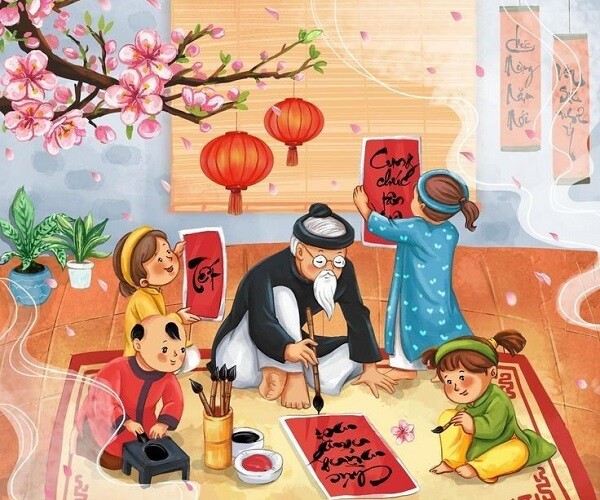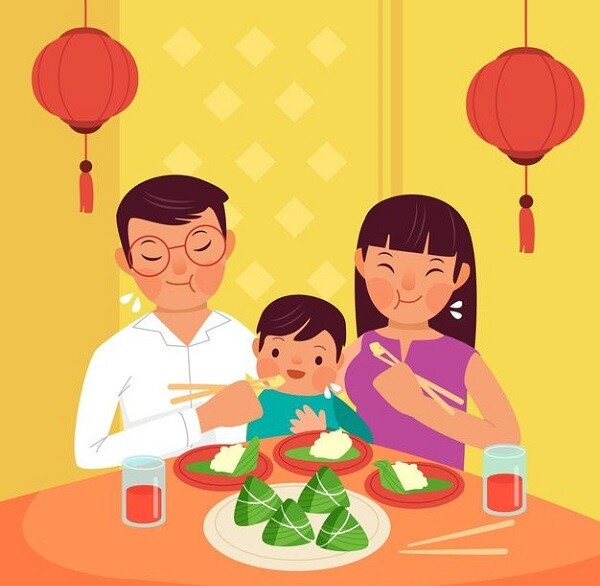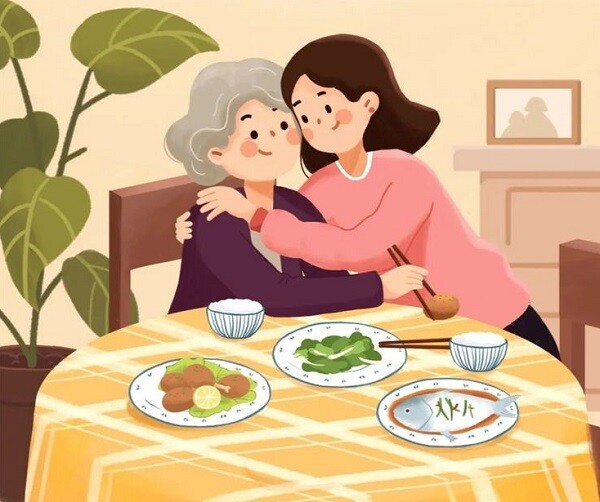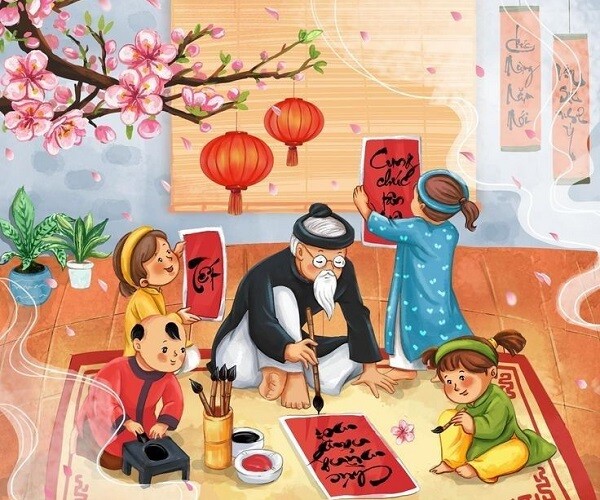In addition to fun and meaningful activities, it’s important for children to be mindful of certain taboos during Tet, the Vietnamese Lunar New Year, to ensure a smooth and lucky year ahead.


Avoid Arguments and Fighting
The start of a new year is typically filled with excitement and anticipation of good things to come. Tet is a time of laughter, delicious food, and a warm atmosphere.
However, it’s not uncommon for some families to experience conflicts and arguments over trivial matters, which can ruin the festive mood. These disagreements can lead to a tense environment and create unnecessary troubles in the days ahead.

An ancient Vietnamese proverb states, “When the family is harmonious, everything flourishes.” This highlights the importance of family harmony as a key to a smooth and prosperous life. A harmonious family provides a sense of security and unity, allowing members to share joys and sorrows and face challenges together.
Children should understand that during the first days of the new year, words and actions carry special significance. Therefore, avoiding arguments and conflicts is essential to maintaining peace and happiness within the family.
Additionally, encouraging children to participate in family activities such as meal preparation, house decoration, and organizing games can foster stronger bonds between family members. Working and laughing together can help resolve disagreements and create a more harmonious family environment.

Refrain from Speaking Ill Omen Words
Parents should teach children to avoid speaking ill omen words or performing actions that are considered unlucky. In Vietnamese culture, during this special time, both words and actions can impact one’s fate in the coming year. What is spoken during the first days is believed to have the power to bring either good fortune or misfortune to the family.
Therefore, it’s crucial for parents to guide children on the importance of choosing their words and actions carefully. Positive words, such as well-wishes and compliments, can create a joyful and favorable atmosphere for the entire family.
Parents can encourage children to share kind words, such as “Wishing everyone good health” or “May our family always be filled with laughter.” These expressions of care and concern contribute to a positive environment, making everyone feel happier and more connected.
Additionally, parents should lead by example by maintaining a positive attitude in all situations. When children see their parents staying optimistic and cheerful, they learn to approach life with a positive mindset, fostering the development of gratitude and other positive qualities.


Avoid Sweeping the Floor and Littering in Public Places
According to folk beliefs, sweeping the floor during the first days of the new year is considered taboo as it may sweep away good luck and fortune.
Vietnamese people believe that sweeping during Tet can affect the family’s fate for the entire year. If there is a lot of dirt and dust, it is advisable to sweep it into a corner or leave it until the end of the holiday.
This practice not only shows respect for customs but also helps maintain a warm and happy atmosphere during the festive season.
Parents should also remind children to refrain from littering in public places, as this act not only harms the environment but also demonstrates a lack of respect for the community.

Keeping public spaces clean is an important aspect of community building and individual responsibility. When children understand the significance of this, they develop good habits and become more conscious citizens in the future.
Tet is a time for reunion and celebration, but it is also an opportunity to uphold and promote cultural traditions. During this festive period, families come together to prepare traditional dishes, decorate their homes, and perform rituals to honor their ancestors, creating a meaningful atmosphere.
As families preserve and promote cultural traditions, parents should also remind children to refrain from taboo practices, as these customs carry cultural significance and impart valuable lessons about respect and community awareness.
Emphasizing these taboos helps children understand that traditions go beyond external rituals and encompass deeper values that unite generations.
When parents explain the reasons behind these taboos during Tet or other special occasions, children learn that these customs often stem from the life experiences of their ancestors. This knowledge fosters a positive mindset and encourages them to create a better living environment.
Should You Plant Betel in Front of Your House? The Feng Shui Significance That Many Are Unaware Of
The betel leaf plant is a unique and fascinating plant with a rich cultural significance in many Asian countries. Often associated with good luck and prosperity, the question of its Feng Shui implications is an intriguing one. So, is it beneficial to plant a betel leaf tree in front of your house? This is a query that has sparked curiosity among many.






































